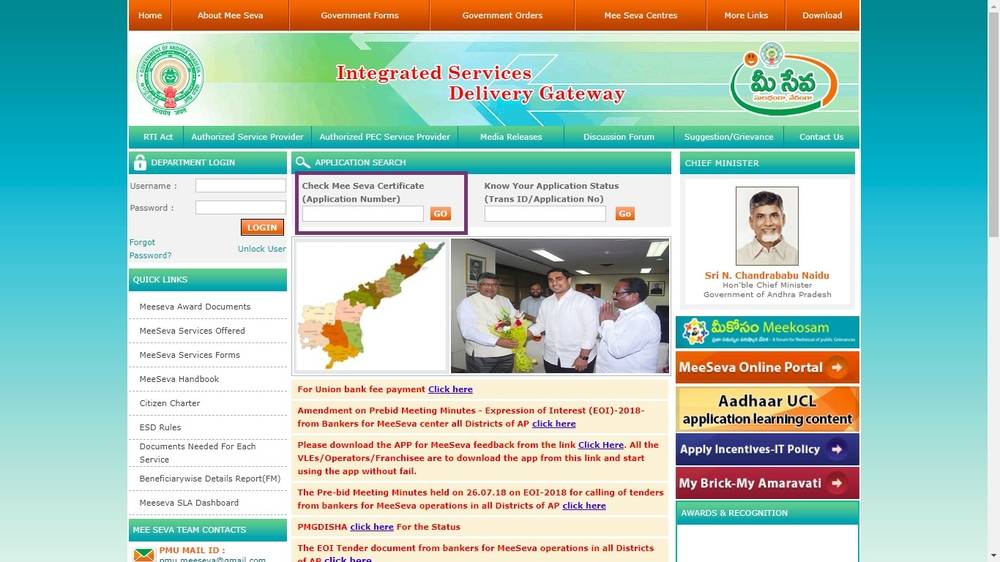enior Citizen Savings Scheme (SCSS)
A Senior Citizens Savings Scheme (SCSS) account is a retirement benefit account that is supported by the Indian government. Indian senior citizens who invest a lump sum in the plan, either individually or jointly, can take advantage of the account’s benefits. The account will offer income tax advantages in addition to access to regular income after retirement. Senior Citizen Savings Scheme (SCSS) is a government-backed retirement benefits programme. Senior citizens resident in India can invest a lump sum in the scheme, individually or jointly, and get access to regular income along with tax benefits. It is a Post Office savings scheme. Senior citizens can open an SCSS account to get the benefits of the SCSS. They can open an account in a Post Office branch or an authorised bank. What is SCSS ? Senior Citizens Savings Schemes can be availed by any individual above the age of 60 years. They are effective savings options for the long term and offer attractive features and unmatched security. Tenure Five years Interest Rate 8.20% p.a. Investment Amount Maximum amount that can be deposited is Rs.30 lakh Premature Withdrawal Allowed Secure investment SCSS is a government-backed scheme. Hence, the invested amount is secure and there is guarantee of returns upon its maturity. Interest payment Individuals who open an SCSS account get an interest on the principal deposited amount at the rate fixed by the government. From 01.01.2024, for the first time interest will be payable from the date of deposit to 31st March/30th June/30th September/31st December and thereafter they will receive a quarterly interest against their deposited amount. Interest payment will be credited to an individual’s account on the first date of April, July, October, and January. Mode of deposit An individual can deposit the money in cash when the amount is below Rs.1 lakh. When the deposit amount is above Rs.1 lakh, an individual should make the payment by cheque. Maturity of the scheme The maturity period of SCSS is 5 years. However, individuals can extend the maturity period for 3 more years by submitting an application. The application for an extension of maturity should be given in the last year. Nominations Individuals can appoint nominees either while opening an SCSS account or after opening the account. Number of accounts Individuals can open more than one SCSS account. They may open another account either by themselves or a joint account with their spouse. However, joint accounts can be opened only with the spouse, and the initial depositor is the investor who first deposits in the joint account. Minimum and maximum deposit amount The minimum deposit is Rs.1,000 and the maximum is Rs.30 lakh. The deposits can be made in multiples of Rs.1,000. Transfer of an account An SCSS account can be transferred from a post office to a bank and vice versa. Premature closure Individuals can withdraw the amount and close the account at any time on an application in Form-2 subject to the following conditions Closed before one year – interest paid in the account shall be recovered from the principal amount. Closed after one year but before two years – an amount equal to 1.5% will be deducted from the principal amount and shall be levied as a penalty Closed after 2 years – 1% of the principal amount will be deducted and shall be levied as a penalty Eligibility for SCSS Individuals above 60 years. Retired civilian employees above 55 years and below 60 years. However, the investment should be made within 1 month of receipt of retirement benefits. Retired defense employees above 50 years and below 60 years. However, the investment should be made within 1 month of receipt of retirement benefits. Account can be opened in an individual capacity or jointly with spouse only. The whole of the amount deposited in the joint account will be attributed only to the first account holder. Non-Resident Indians (NRIs) and Hindu Undivided Families (HUFs) are not eligible to open a SCSS. Process to Open an SCSS Account An SCSS account can be opened at a bank or a post office. The process to open an SCSS account is mentioned below: Visit the nearest post office or bank branch. Submit the application form along with the Know Your Customer (KYC) documents. A cheque for the amount that is being deposited must be provided. You can add nominees to the account. Documents required to open SCSS account Two passport-size photographs Identity proof, such as a PAN card, Voter ID, Aadhaar card or passport. Proof of address, such as Aadhaar card or telephone bills. Proof of age, such as PAN card, Voter ID, birth certificate or senior citizen card. How SCSS works? Here is how an SCSS account works: Open an SCSS account by depositing a minimum amount of Rs.1,000 up to Rs.30 lakh in a single instalment. The deposit amount is restricted to the retirement benefits received and must be deposited in the SCSS account within a month from the date of receiving the retirement benefits from the employer. Retirement benefits here means any payment due to the account holder on account of retirement on superannuation or otherwise. It includes provident fund dues, retirement or superannuation gratuity, commuted value of pension, leave encashment, savings element of Group Savings Linked Insurance Scheme payable by the employer on retirement, retirement-cum-withdrawal benefit under the Employees’ Family Pension Scheme and ex-gratia payments under a voluntary or a special voluntary retirement scheme. If the deposit is in excess of the ceiling amount, the excess amount shall be refunded to the account holder immediately. Interest on the deposit will be paid once every quarter. Interest can be drawn through auto credit into the savings account held at the same Post Office branch or through ECS (Electronic Clearing Service). The account can be prematurely closed at any time, after the date of opening. The account may be extended for a further period for 3 years from the date of maturity. The extension can be done within 1 year from the date of maturity. FAQs
enior Citizen Savings Scheme (SCSS) Read More »








